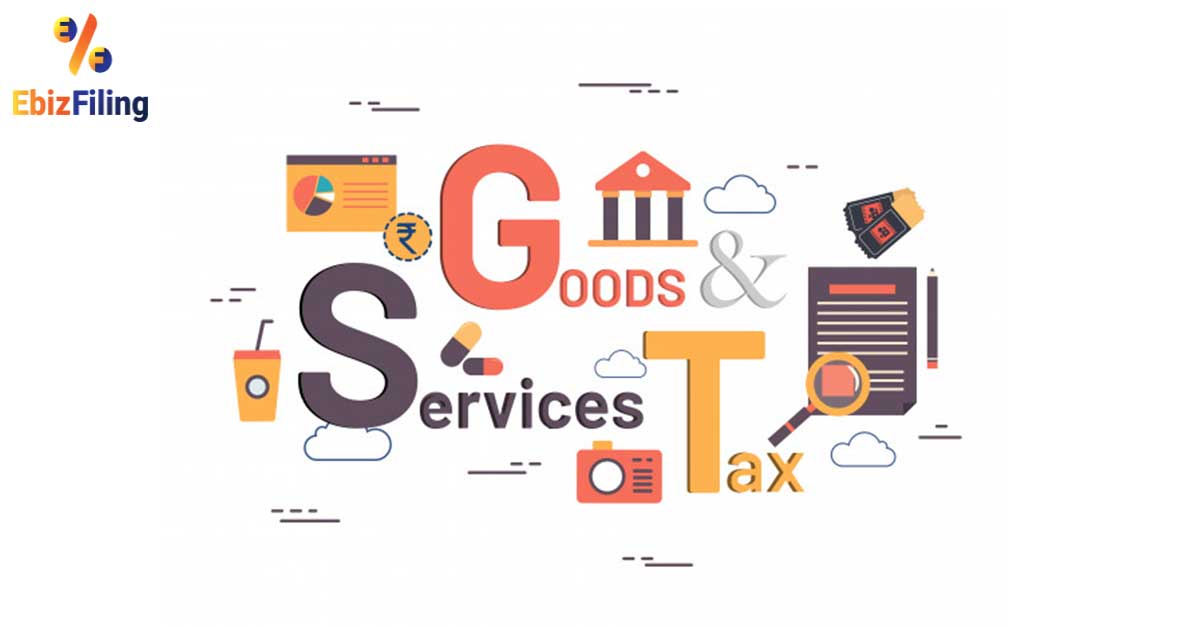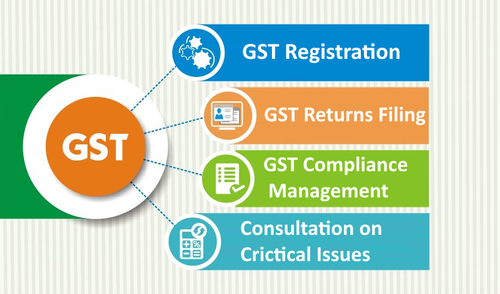From Beginning to Finish: The Ultimate Roadmap to GST Enrollment for Businesses Looking For Financial Stability
Browsing the intricacies of Product and Solutions Tax Obligation (GST) registration is a critical step for organizations aiming for economic stability. From understanding the basic principles of GST to conforming with post-registration standards, the procedure can appear discouraging at very first look. Nonetheless, damaging down the roadmap into workable steps can enhance the registration journey for services looking to boost their monetary standing. Let's discover the important components that make up this ultimate roadmap and find just how each phase contributes to laying a solid foundation for financial success.
Understanding GST Basics
Delving into the essential principles of Goods and Provider Tax (GST) is vital for getting a detailed understanding of its ramifications on organizations and the economic situation. GST is a value-added tax obligation imposed on many goods and services for residential usage. It has replaced multiple indirect tax obligations that existed in the pre-GST age, streamlining the tax obligation structure and enhancing ease of doing organization in India. Under the GST system, both products and services are tired at a particular rate, which is identified based upon their classification. Businesses are called for to sign up for GST if their annual turn over surpasses the threshold limit established by the federal government. Input Tax Obligation Credit Report (ITC) is a substantial attribute of GST, permitting services to claim credit rating for taxes paid on inputs, reducing the total tax obligation worry. Recognizing the fundamentals of GST is vital for services to abide with tax obligation guidelines, handle their financial resources effectively, and add to the country's financial growth by taking part in a transparent tax system.
Qualification Standards for Enrollment
To sign up for GST, organizations should meet specific eligibility criteria established by the government. The main eligibility demand is that any company associated with the supply of goods or services with an annual aggregate turn over over the threshold restriction set by the authorities must sign up for GST. Since the present regulations, the threshold limit for GST enrollment is a yearly aggregate turn over of 40 lakhs for businesses operating within a state, besides unique category states where the restriction is 20 lakhs. Additionally, certain businesses are called for to sign up for GST regardless of their turnover, such as interstate suppliers, informal taxed individuals, and companies reliant pay tax obligation under the reverse charge mechanism. It is essential for businesses to completely evaluate their turnover and purchase types to establish their GST registration obligations accurately. Failing to register for GST when eligible can cause fines and lawful effects, making it essential for businesses to abide by the specified qualification criteria.
Papers Needed for Enrollment
Having satisfied the eligibility criteria for Our site GST registration, companies must currently guarantee they have the requisite papers in location to proceed with the enrollment process efficiently. The documents needed for GST registration typically consist of proof of organization constitution, such as collaboration act, enrollment certificate, or unification certification for different types of organizations. Furthermore, companies require to offer files establishing the major area of service, such as a rental contract or electrical energy bill.
Step-by-Step Enrollment Process
Following, all needed papers according to the list given by the GST portal requirement to be uploaded. These papers usually include proof of business registration, address and identity proofs of marketers, financial statements, and business entity's PAN card.

Post-Registration Compliance Standards

Final Thought
In conclusion, businesses looking for economic stability has to comprehend the fundamentals of GST, next fulfill qualification standards, collect necessary files, comply with the step-by-step registration process, and comply with post-registration standards - Best GST registration services in Singapore. By sticking to these steps, services can guarantee compliance with tax obligation laws and preserve financial stability in the lengthy run
In addition, certain companies are called for to sign up for GST regardless of their turn over, such as interstate vendors, casual taxed persons, and companies liable to pay tax obligation under the reverse cost system.Having satisfied the eligibility criteria for GST enrollment, organizations have to now guarantee they have the requisite documents in location to continue with the enrollment procedure effectively. The documents required for GST registration typically include evidence of business constitution, such as collaboration action, enrollment certification, or incorporation certificate for different types of companies. Furthermore, organizations require to give papers developing the principal location of company, such as a rental arrangement or electricity expense.Beginning the GST registration process includes a collection of organized actions to ensure a compliant and smooth registration for services.
Comments on “How to Locate the Best GST Registration Services in Singapore Rapidly”